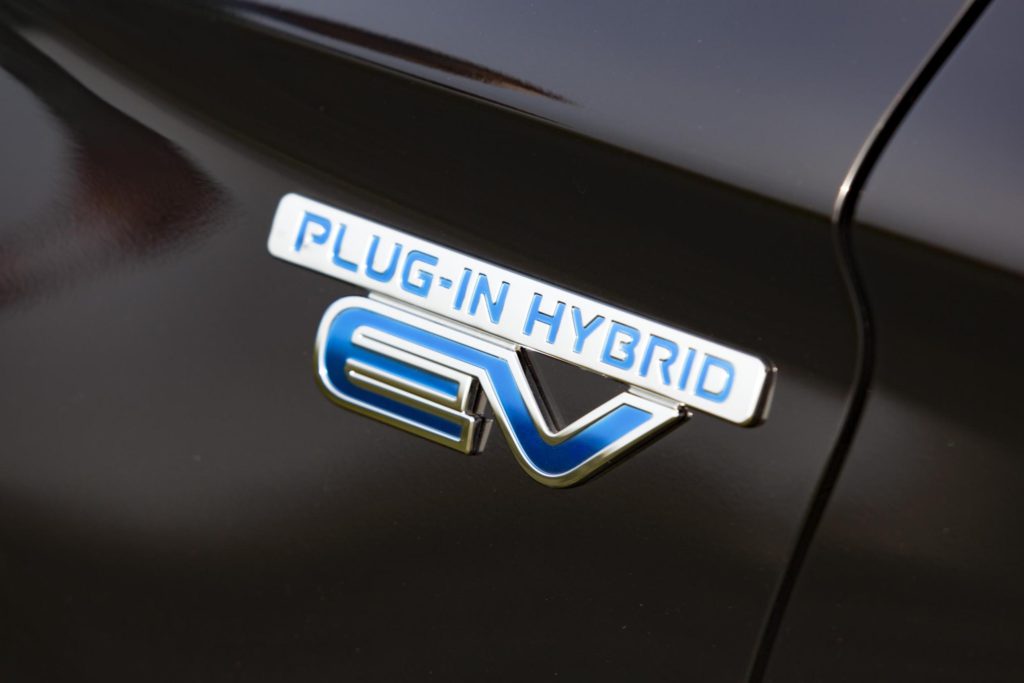UK Government could ban hybrids and current PHEVs under 2040 rules
08 May 2018

8 May 2018
A new media report has suggested the UK ban on internal combustion engines being sold from 2040 onwards may also include many current hybrid and plug-in hybrid electric vehicles (PHEVs).
British magazine Autocar has suggested that the UK Government plan ′Road to Zero’, which is set to be unveiled imminently, would ban all diesel and petrol vehicles in 2040 as part of a £2.7 billion (€3.1 billion) strategy designed to cut air pollution in the country. When announced in June last year, it was unclear whether any other vehicles other than electric would be part of the ban.
The magazine states that now, as part of the Road to Zero plan, all current hybrids, such as the popular Toyota Prius, would also be banned from sale. The rules would state that for a car to be sold as new in the country; it would need to be able to cover upwards of 50 miles on electric power only.
However, most PHEVs on sale today are only able to cover 30 miles on average without engaging the internal combustion engine. It is estimated that 99% of vehicles on sale in the country today would be unable to be sold under the new plans.
Pure electric vehicles only account for 5.2% of new vehicle sales in the country during the first four months of 2018, and manufacturers are rushing to develop the technology, while also adding to their hybrid fleets. Any new rules would force further development on carmakers, adding financial implications and diverting from other projects.
The magazine also reports that industry leaders are unhappy that the ban is being announced by the UK Government without any details on how it will invest in infrastructure in the country to support sales of plug-in vehicles, or how it will incentivise car buyers to switch away from petrol and diesel. A recent poll by Autovista Group found that 47% of respondents believed national governments should be responsible for funding electric vehicle (EV) infrastructure.
Mike Hawes, SMMT Chief Executive, comments: ′Industry shares government’s goal of zero-emission transport and is investing billions in new technologies with nearly 50 different plug-in models already on the market. Vehicle manufacturers will increasingly offer electrified versions of their vehicles giving consumers ever more choice, but industry cannot dictate the pace of change nor levels of consumer demand. Unrealistic targets and misleading messaging on bans will only undermine our efforts to realise this future, confusing consumers and wreaking havoc on the new car market and the thousands of jobs it supports.
′We cannot support ambition levels which do not appreciate how industry, the consumer or the market operate and which are based neither on fact nor substance. 98% of all new cars are diesel or petrol, meeting the latest and toughest emission standards, helping reduce climate change and improve air quality.
′Consumers need clear information about the right vehicles for their driving needs, and it is again disappointing for both industry and consumers that vitally important information about government policy is being communicated by leaks.’
The publication says that the UK Government has denied it intends to ban current hybrid technology, with the Department for Transport (DfT) stating: ′We do not comment on leaked draft documents. The Road to Zero strategy is yet to be finalised and has not been agreed by ministers.
′It is categorically untrue that Government is planning to ban the sale of hybrid [and plug-in hybrid] cars in the UK by 2040.’